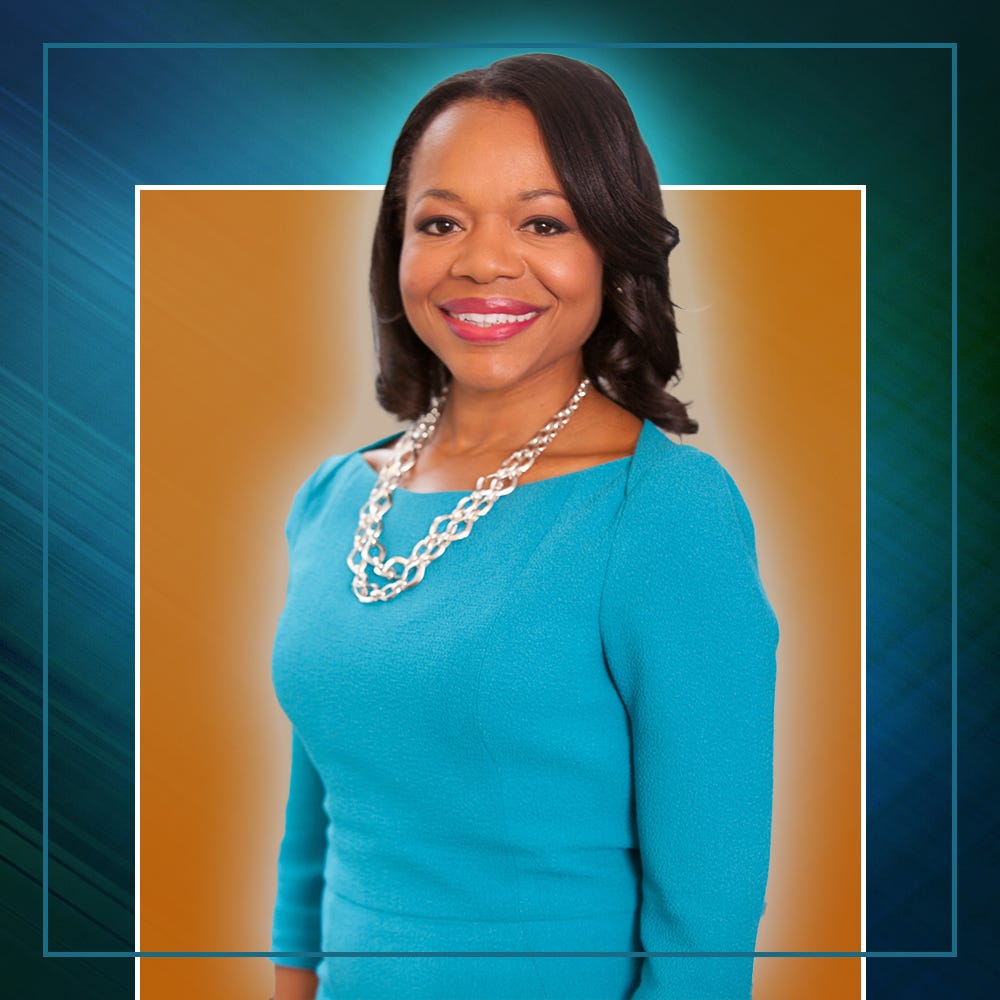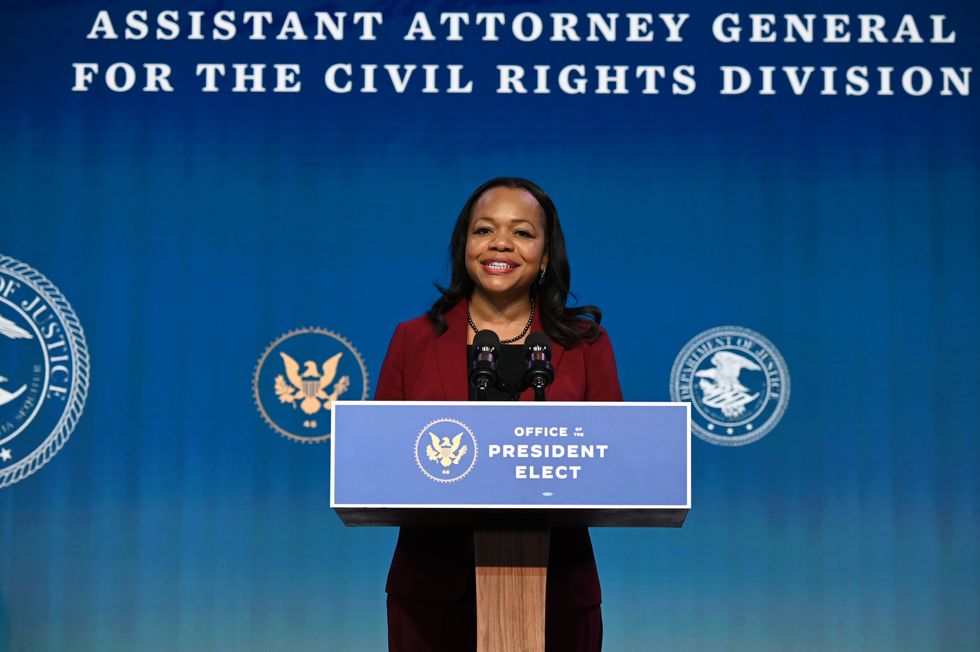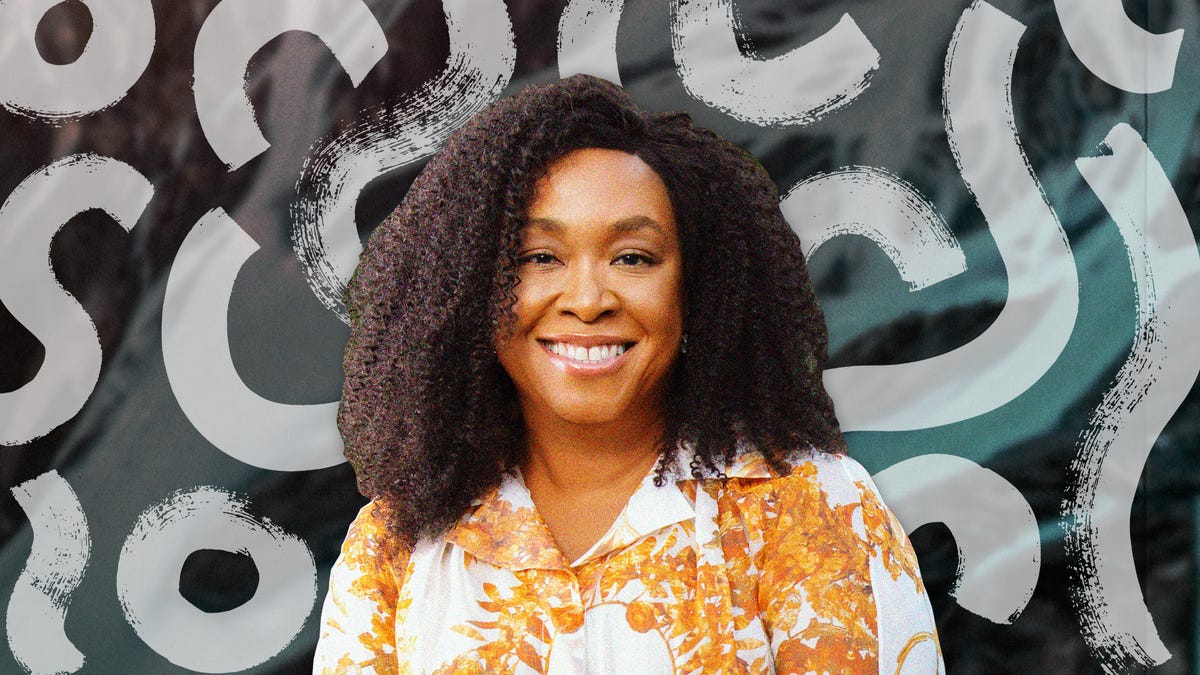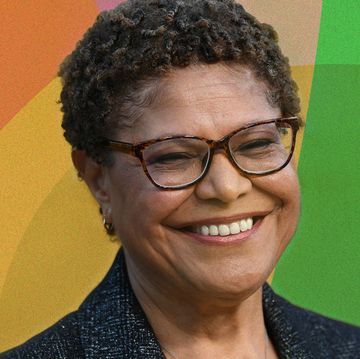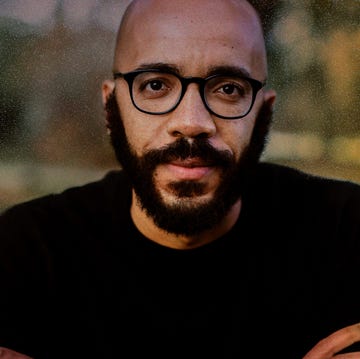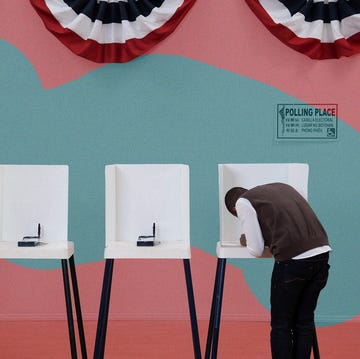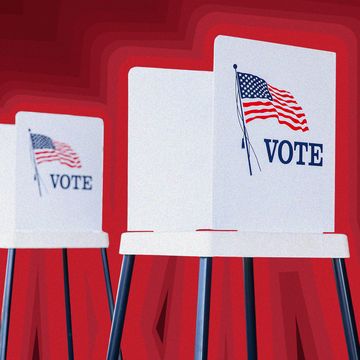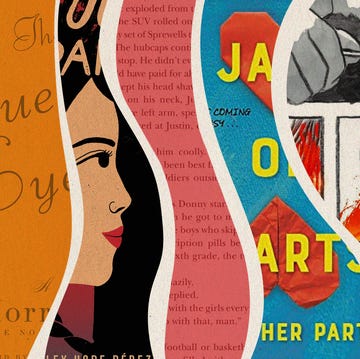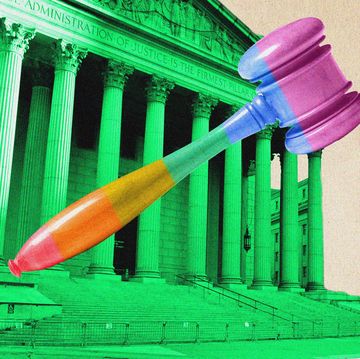As the President and Executive Director of the Lawyers' Committee for Civil Rights Under Law, Kristen Clarke, if confirmed, would be the first woman and first Black woman to be confirmed by the Senate to head up the office that ensures Americans' civil rights. Here, she discusses her goals for her new position.
This might seem like a strange time for optimism when it comes to the power of our institutions to secure justice, promote equality, and deliver on our nation’s highest ideals. A global pandemic is rampaging through the country, and communities already living with the fewest health and wellness resources are being disproportionately affected.
A legacy of racial injustice spanning back four centuries continues to echo in the horrific losses of George Floyd, Breonna Taylor, Atatiana Jefferson, and countless other lives that have been taken before their time.
Meanwhile, we have witnessed the frightening resurgence of a dark and sinister racist terror threat that resulted in a violent attack on our Capitol building. That riot was part of a broader effort to undermine democracy itself — particularly by polarizing our nation, attacking our government, and promoting a false narrative about our elections.
It may feel like at times like something is irrevocably broken in our society. But I still believe that, in America, our federal civil rights laws can still be used to improve lives, promote justice, and right wrongs.
I believe in that promise because I’ve lived it. I grew up in Starrett City in the East New York section of Brooklyn, the daughter of Jamaican immigrants who had moved to America because they wanted their kids to have access to greater opportunities. They often struggled to provide those opportunities, but our house was filled with love (and discipline), and I grew up believing in my own ability to make a difference when the chance came my way.
That happened when I was 14, when a program for students of color in the New York metropolitan area offered me a remarkable opportunity to attend a boarding school in Connecticut. It was a heavy load to carry, being plucked from the public school I was “supposed” to attend and offered a key that could unlock any number of doors. The world suddenly offered endless opportunities, and I felt compelled to find one that would allow me to earn, and pay forward, my good fortune.
Then, one day, my school took us on a field trip to hear a landmark civil rights case being argued in a Connecticut courtroom, and I discovered not just a career, but an identity. I could learn the law — and, by doing so, I could become a person who could use the power of the law to stand up for vulnerable communities.
My entire career, I have been mindful, and grateful, that so many doors have opened for me that wouldn’t open for others: from Harvard to Columbia Law School to the U.S. Department of Justice — and, now, as President Biden’s nominee to become the Assistant Attorney General leading the Civil Rights Division where I once toiled away as a junior line attorney. And I continue to believe as a bedrock principle that, once someone has held the door open for you, you have to hold it open for someone else.
In a way, that’s the story of America’s slow journey towards equality. And, for me, that’s what the law is about: opening doors that shouldn’t have been locked in the first place.
For example: That case I had seen argued in court on that field trip? It wound up forcing officials in Hartford to contend with its racially segregated public education system. And throughout my career, I have had the opportunity to do work that resulted in real systemic change – and unlocked opportunities for Americans who had been unfairly denied them.
At the Lawyers’ Committee for Civil Rights Under Law, I have worked on cases that have helped to make real the goals underlying the Voting Rights Act; I have fought to ensure that families enjoy access to affordable housing; I have stood up for victims of hate crimes and more.
Over the last four years – and, indeed, over the course of generations – we have often seen the legal system used, and abused, by powerful interests bent on undermining the principles that shape and define American democracy.
But we are now on the verge of once again having a Department of Justice committed to institutional independence and the rule of law. And the Civil Rights Division will once again confront the inequities and injustices faced by so many vulnerable Americans.
Among the most pressing problems that the nation faces today are the rise in hate crimes and white supremacy, and the need to promote smart policing reform. These are just a few of the issues that the Civil Rights Division will be tackling in the road ahead.
Elsewhere, despite President Biden's historic win, certain communities still faced challenges with voter suppression. In the next four years, the Civil Rights Division will enforce the Voting Rights Act, the National Voter Registration Act and other federal laws to ensure everyone has access to the ballot.
In tackling the rise in hate crimes and white supremacy, we need to focus on some of our nation's most vulnerable communities, including people of color, the LGBTQ community, and people targeted because of their faith or religion. The Matthew Shepard and James Byrd, Jr. Hate Crimes Prevention Act is a powerful federal law that we must continue to use to ensure the safety of all Americans.
Smart policing reform is among the most pressing issues that must be tackled to promote greater community trust, and the first step to do that is to engage with law enforcement professionals in good faith to find common ground.
And it doesn’t stop there — ensuring that our federal civil rights laws are enforced to combat discrimination when it comes to access to housing, employment and educational opportunities are among other top priorities.
That’s why I am able to look at a country in so much pain and retain hope that the months and years ahead will be full of healing and reconciliation. And I hope that, in time, Americans will be able to look at our work and once again believe that this can be a land of liberty and justice — and opportunity — for all.
Throughout my career, I’ve thought back to that little girl in Brooklyn, waiting for that one door to open that would allow her to take advantage of the opportunities that should be the birthright of all Americans. There are so many like her today – people, both young and old, of all races and backgrounds – waiting for their chance.
And when I walk into the Department of Justice in Washington, I intend to hold the door open for each one of them – because the law, like this country, belongs to everyone.
Kristen Clarke has led broad civil rights enforcement on matters including voting rights, criminal justice issues, education and housing discrimination, fair lending, immigrants’ rights, religious rights issues, gender inequality, disability rights and LGBTQ issues.
Get Shondaland directly in your inbox: SUBSCRIBE TODAY
